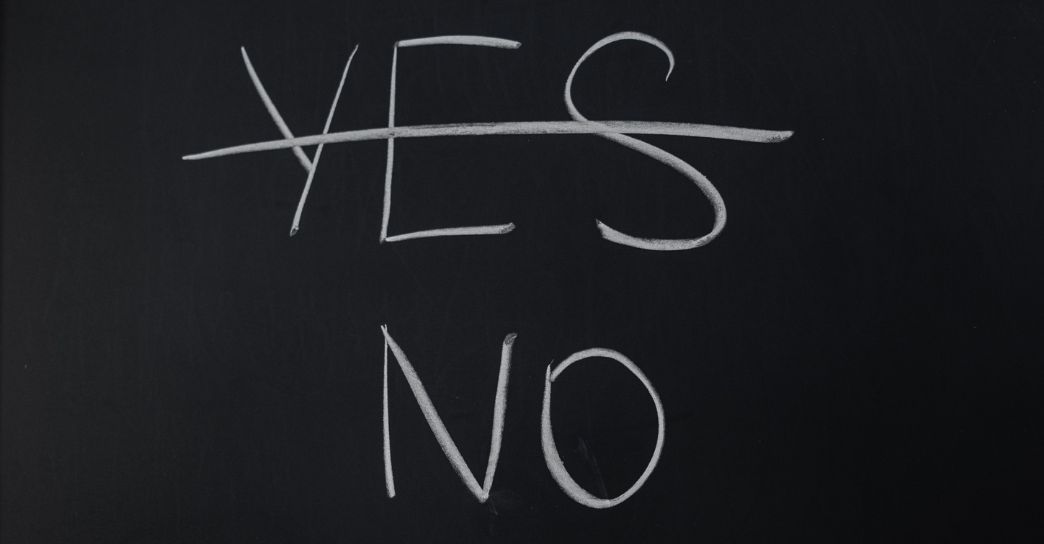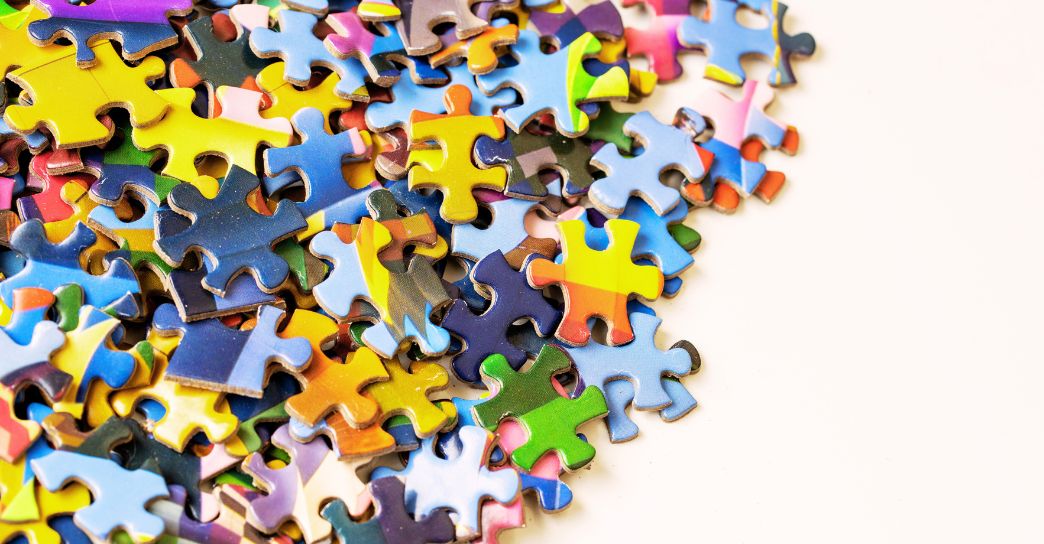LEADING WITH MEANING

Imagine a World Without Words.
No sentences. No descriptions. No instructions. No poems. No stories. No speeches. No meanings.
It is impossible to conceive of this, as we do our imagining via language, with words. What’s more, without words there would be no understanding, no progress, no innovation. There would be no tangible evidence of what thinking produces – art, music, architecture, tools, civilization, love.
Without words, there would be no world, at least not for us.
Language grants being, existence. To be human is to live in language, both our native language (whichever that might be) and one’s capacity for language itself. Without this skill, we may have senses and be able to respond to stimuli, but we would not be human.
A client told to me the other day, in a state of exasperation over some colleagues carelessness with language, “Words mean things!” They do. And the meanings we make with words enable us to create, to coordinate, to organize, to build and to cultivate. Words are not merely descriptive, they are generative. We can use language to design whole new worlds. Our power to do so is godlike. Words like, “Rights ” open whole new ways of being in the world. Without these distinct meanings, people have no way to understand context, interaction, freedom…
The crime of the demagogue is to undermine the meaning of words for the selfish purpose of accumulating power. Meaning is a communal resource as well as an individual creation and contribution. Artists and poets may also undermine a static or stale sense of meaning, but when a poet does so, it is not for power, it is for expression. A poet finds a piece of civilization that is insufficiently illuminated and through new use of words lights a path to think in new ways.
A people who value freedom must surely value freedom of speech. This explains why our U.S. Bill of Rights begins with this freedom in the First Amendment. It is not enough however to merely be free to speak. If we want to retain this “right,” we must also honor our individual and collective responsibility to protect the conversation space against corruption, where words are twisted for dishonest purposes. Pretense, lies, conspiracy theories are pollutants in our pool of shared meaning. Just as a global civilization we have filled our oceans with plastic and our atmosphere with greenhouse gasses, we are filling our conversation spaces with garbage, lies and ungrounded claims. If we don’t stop it, we will lose our capacity to understand things collectively and therefore to coordinate action.
The path out of this situation is not to constrain other’s freedom of speech, but rather to insist on our own individual responsibility to speak and listen with rigor. We have a personal duty as citizens/parents/leaders to use our power of language for good. Words should be utilized to build shared meaning and understanding, to truly listen to others. When an activist says, “Black Lives Matter,” she Is not saying, ‘White Lives Don’t Matter,” nor is she saying, “Black Lives Matter more than other lives.” The activist is speaking to the deep truth that we have not yet made a society in which enough of us value black lives. The consequences of that truth have devastated our civilization.
I imagine a new kind of heroism emerging in this century. It will he characterized by acts of listening, reflection, appreciation, responding, reframing, connecting and elevating. These will be conversational acts. The ethos underpinning this form of heroism is solidarity. Not tribal solidarity, but human solidarity. We have an opportunity at this time, with nature shouting at us, “Look! The whole biosphere is in danger,” to focus on understanding our relationships with each other. We are free and independent individuals who need to own our actions, our words, and their consequences, for our collective welfare. We can be rugged individualists and communitarians at the same time, but we’ll have to be better listeners to pull it off.






